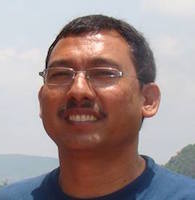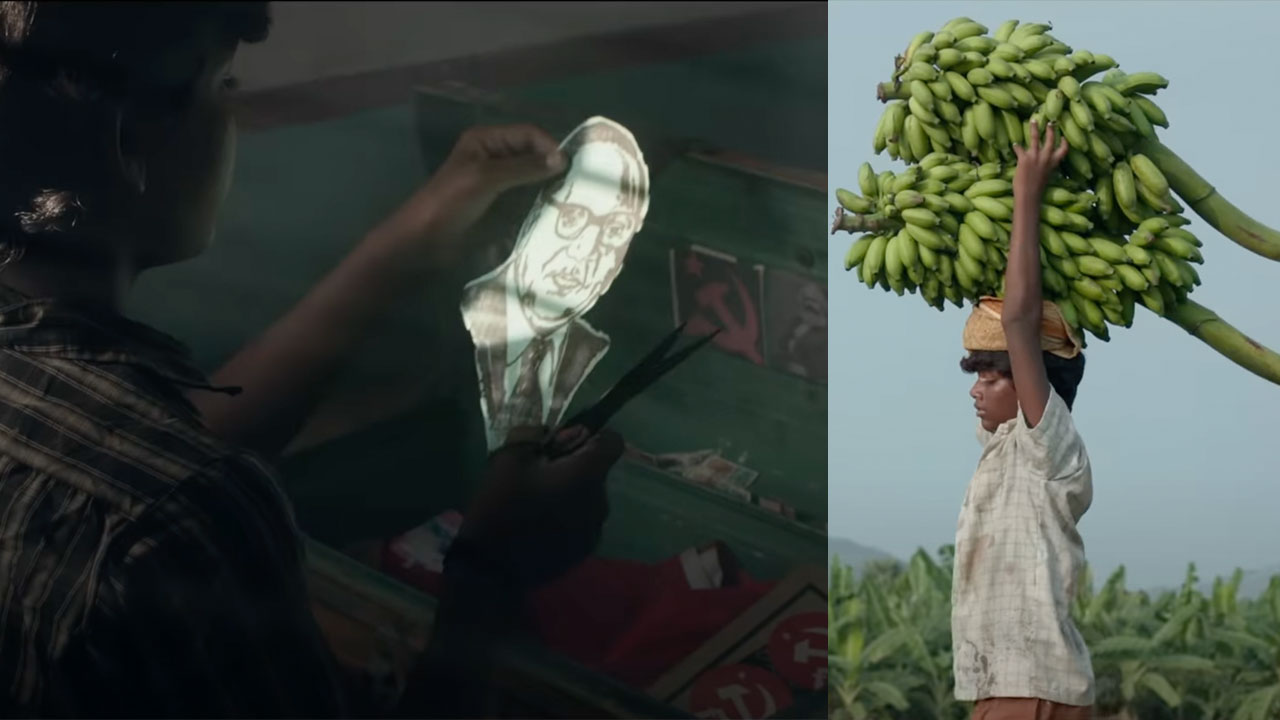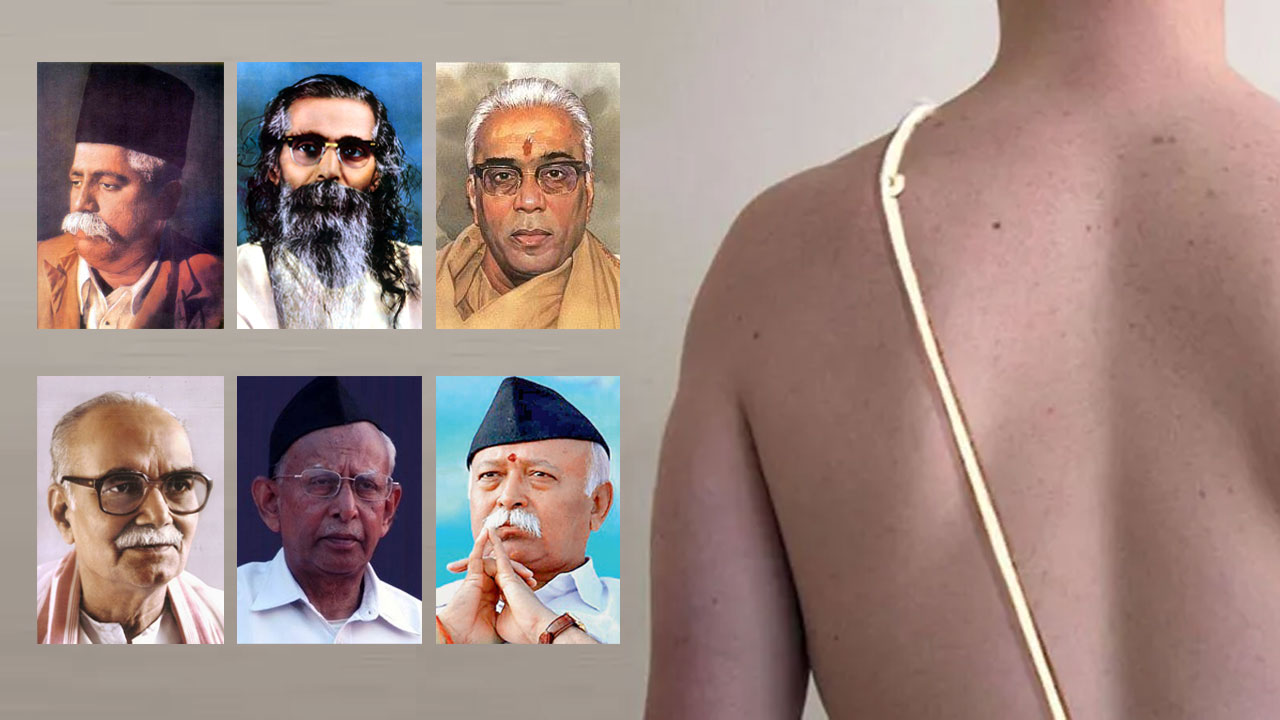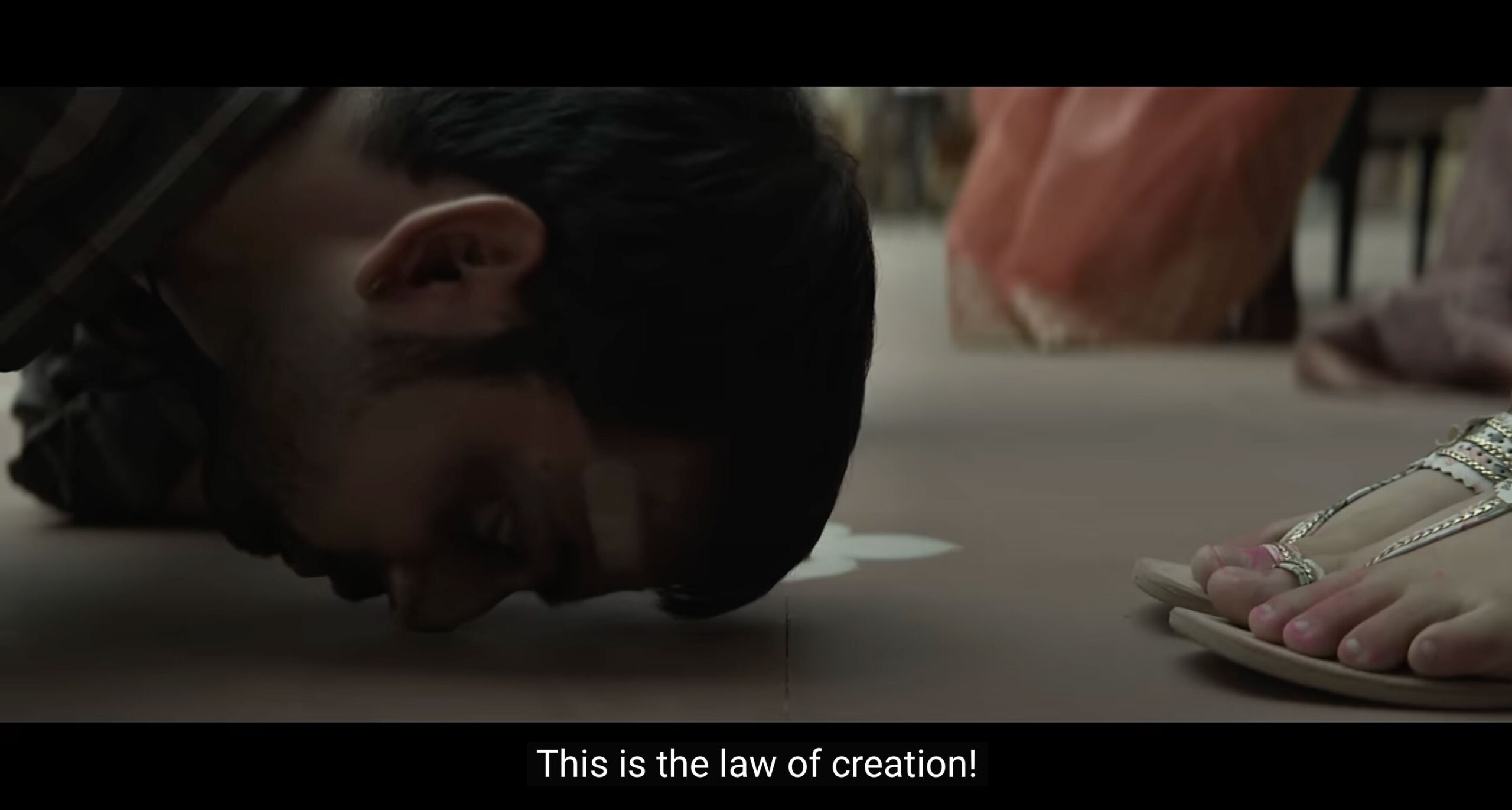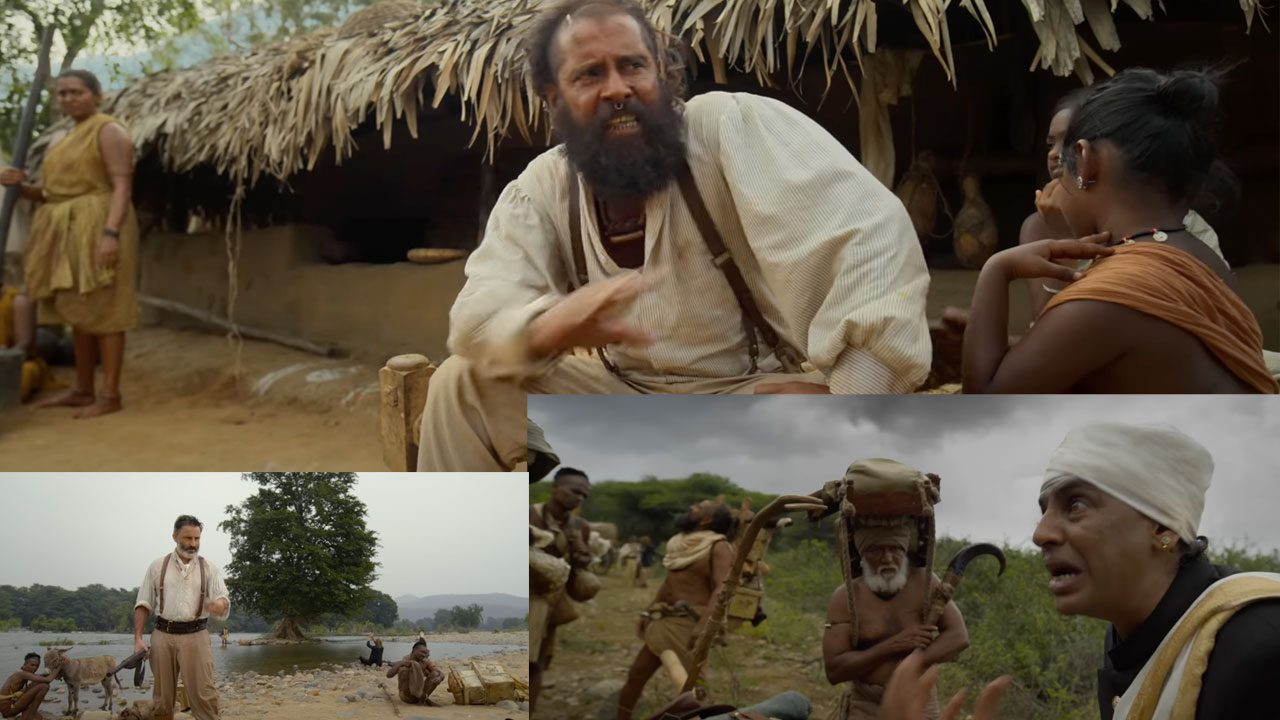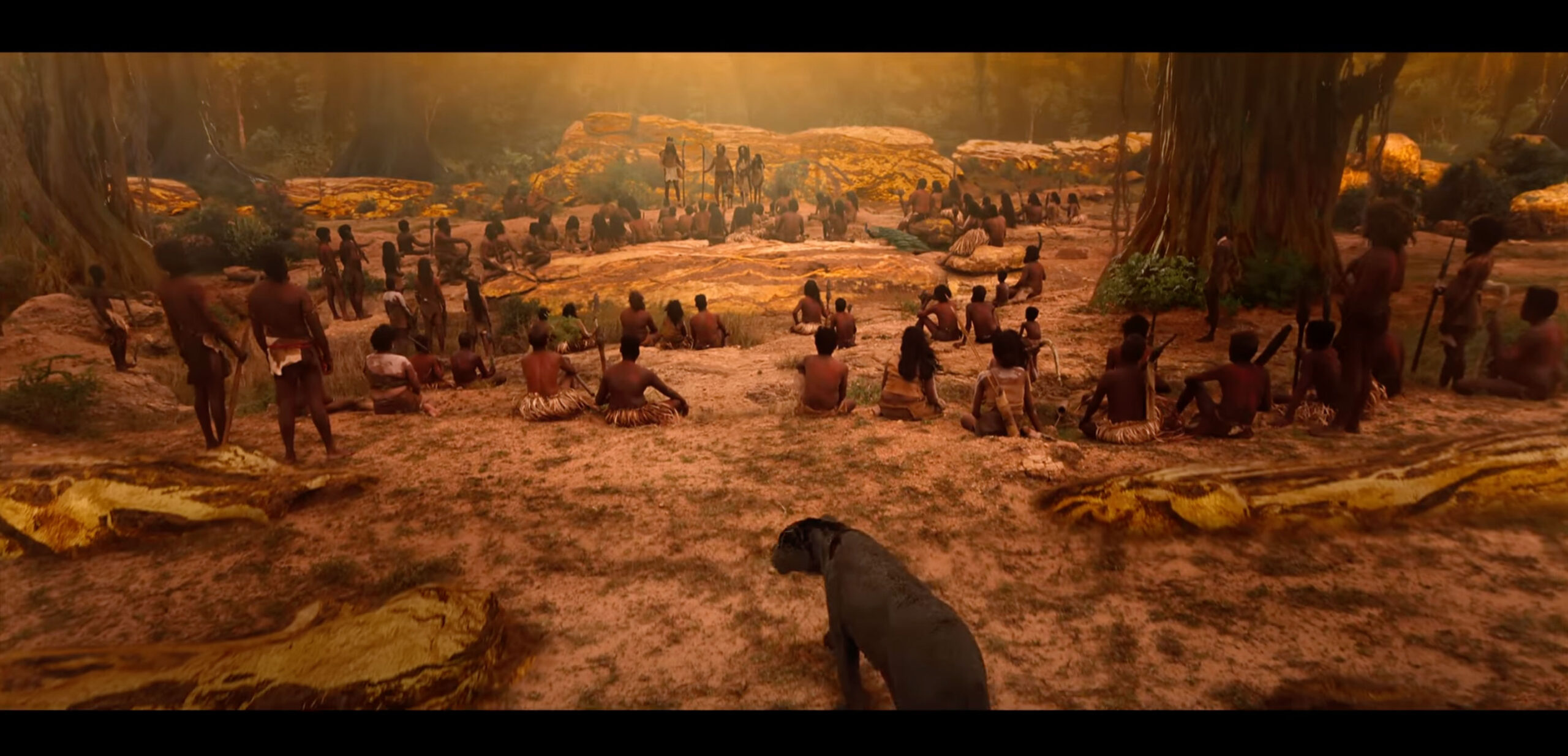A recent public proclamation by a former Pradhan (headman) of a village panchayat in Muzaffarnagar district of Uttar Pradesh has once again exposed the warped casteist mentality of our society. A lot of people are shocked that something like this can happen in this age, although such things happen all the time, most of which are suppressed, so we get to know only about a few. 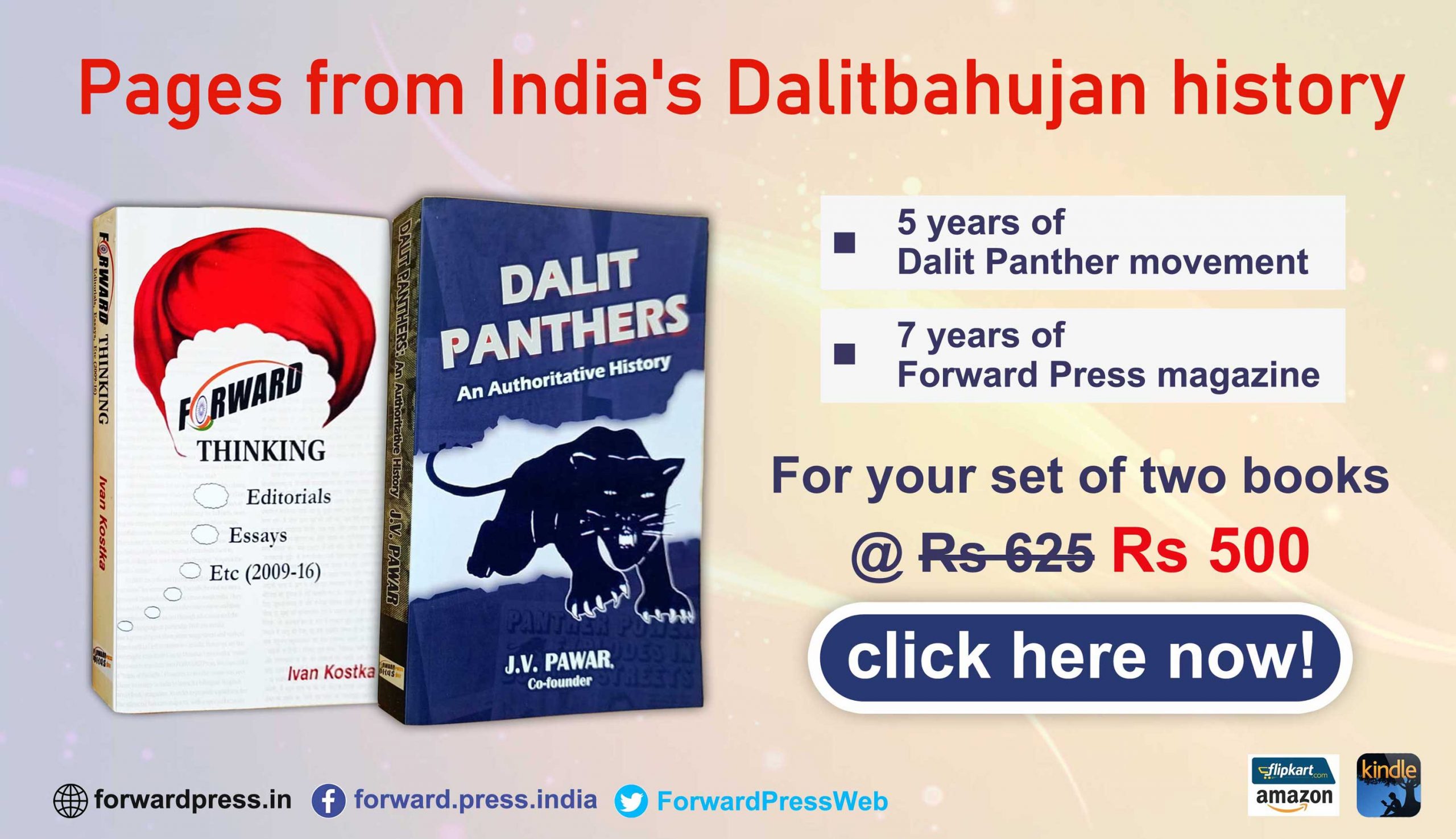
Muzaffarnagar district has been in the news for the past couple of years. The district happens to be the birthplace of the Bharatiya Kisan Andolan, led by Mahendra Singh Tikait. Now, his sons Rakesh Tikait and Naresh Tikait, are leading the movement. Communal riots in the district in 2013 had left a large number of Muslims homeless. It is believed that the politics of communal polarization had triggered the riots. However, there is no doubt that it is the powerful castes that determine which direction politics will take. During the recent farmer’s movement, we saw their leaders swearing by Hindu-Muslim unity. But the same leaders are unwilling to give an equal status to the Dalits. Most of the Dalits are landless. The few who have small holdings are fighting for their rights and thereby earning the ire of the casteist elements.
A munadi (public proclamation) was made in Pavti Khurd village, about 22 km from Muzaffarnagar, that went like this: “If any Chamar or anything belonging to a Chamar is found near the Samadhi tubewell, he will have to pay Rs 5,000 as fine and will also be hit 50 times with a shoe.” The proclamation was made on behalf of Rajvir Tyagi, a former Pradhan of the village, but it felt like he was still very much in charge.
According to newspaper reports, Tyagi’s family has a criminal record. His son, Vikrant alias Vicky Tyagi, was killed on the premises of a local court in 2015. Many other members of his family are facing serious criminal charges.
Why did Rajvir make such a proclamation? Was it a sudden development?
A majority of the residents of Pavti Khurd are Tyagis, a caste considered on a par with the Brahmins in Uttar Pradesh. Some Muslim Tyagis also reside in the village. Most of the Dalit residents are landless and work the fields of big farmers.
Not long ago, the Dalits were in a miserable condition in western Uttar Pradesh. The 1980s witnessed a perceptible improvement in their status. The rise of the Bahujan Samaj Party (BSP) in the state was one of the key factors behind this. Before that, the votes of the Dalits were cast without them visiting the polling booths. But BSP’s Swabhiman Andolan and T.N. Seshan’s no-nonsense attitude in dealing with electoral malpractices strengthened the Dalits and brought about a sea change in the political landscape of western Uttar Pradesh. The new-found assertion of the Dalits was not to the liking of the dominant castes and that led to sporadic violence.
Armed with self-respect, even landless Dalits started getting their children educated. Given the rampant casteism in villages, they sent their children to cities for studies. These youngsters gradually moved away from farming to jobs involving technical skills. The Ambedkarite movement has made the Dalits aware of their rights and that has rubbed the upper castes the wrong way.
In western Uttar Pradesh, the size of its agricultural holdings determines the status of a caste. Atrocities would be committed against the Dalits in Jat- and Gujjar-dominated areas, often with no complaints lodged with the police.
The dominant castes are yet to give up their feudal mindset. This mindset is clearly visible in the way they do farming. Dalits are welcome as long as they do their traditional jobs with “sincerity” and “honesty”. But if they raise their heads, they have to be crushed. The feudal forces have also sowed seeds of dissension among the Dalits. They invariably use Dalits to further their own interests. In Pavti Khurd, the person who went around the village, beating a drum and announcing Rajvir Tyagi’s proclamation, was Kunwar Pal, a 50-year-old Valmiki.
Casteist forces have to be countered not only politically but also culturally. Arya Samaj has great influence in this area, especially among the Jats. But that does not seem to have reduced caste animosities or atrocities against the Dalits.
The leadership of the farmers is invariably in the hands of the feudal castes, who look down on the Dalits, mostly farm labourers. For these dominant castes, farming is not a means of livelihood alone. Ownership of farmland is a source of pride and respect, too. That is why the upper castes go livid whenever there is talk of providing agricultural land to the Dalits. Land reforms, which are the key to social change and social justice, are alien to the Jat land of western Uttar Pradesh, Haryana and Punjab. Most of the Dalits toil in the fields of the dominant-caste farmers and are brutally suppressed if they demand minimum wages or seek their basic rights. Rajvir Tyagi’s proclamation laying down the punishment for Chamars using his tubewell is a manifestation of the same mindset – either work in my fields as per my wishes, or else …
In a welcome development in this case, Tyagi was promptly arrested and sent to jail.
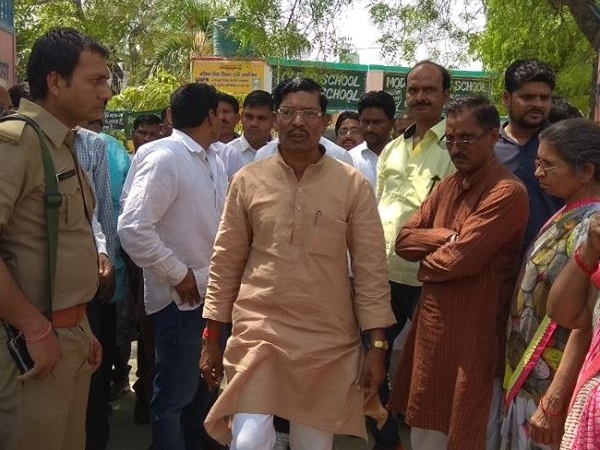
We talk of change. But for that to happen it is essential that we should not try retaining every old practice in the name of preserving our culture. Also, we should oppose anything that goes against the Constitution. Political initiatives do bring about some change but that is hardly enough. For instance, some feel that change will come about if “our people” become ministers, MPs or MLAs. But that is not entirely true. Raidas and Kabir brought about change but they were not politicians. So did Periyar and Phule but they did not indulge in power politics. Dr Ambedkar also laid great emphasis on cultural change.
Here is an instance to buttress the point. Rajvir Diler, who comes from the Valmiki community, was contesting the 2017 Uttar Pradesh assembly elections from the Iglas reserved constituency in Hathras district. He always carried a glass with him. Whenever he visited the home of any upper-caste person to canvass for votes, he would not enter the house. He would sit on the ground outside the house and drink water or tea from his own glass. At such homes, even children addressed him by first name. He would say that one should respect traditions. Presently, Rajvir represents the Hathras constituency in the Lok Sabha. He did not utter a word when a Dalit woman was subjected to atrocities in Hathras. In fact, he went to meet the accused.
It is a general perception that a poor person is forced by his circumstances to make all sorts of compromises. We can understand the compulsion of Kunwar Pal, who made the public proclamation on behalf of Rajvir Tyagi. He is probably poor and landless. Another point to be noted is that in villages, the other Dalits treat the Valmikis in the same way as the feudal and upper castes treat them.
People like Kunwar Pal have social and economic issues to contend with. But what about Rajvir Singh Diler? He is an MP. Why is he still adhering to the traditions and the practices that humiliate Dalits? Why does he need to conform to Manuvadi principles? In both Iglas and Hathras the Jat are the dominant caste. Rajvir Diler’s father was elected an MP four times and an MLA once. Rajvir served as an MLA for a term and is now an MP. But not even once has he raised his voice in the interest of his community.
Just abusing others cannot take the battle against casteism forward. We also need to question those who make compromises for the sake of power, thus doing great harm to their own communities.
In Muzaffarnagar, Rajvir Tyagi used a Dalit to make his anti-Dalit mindset public. This shows that Ambedkarite consciousness is yet to percolate to lowest rungs of the Dalit community. That is the reason they became victims of the conspiracies of the upper castes. Dalits form 24 per cent of the electorate in Rajvir Singh Diler’s constituency. Apparently the Dalits here also vote along caste lines because of which Diler has to seek the support of such communities that are not ready to treat him as their equal. Politics, which was widely perceived as the master key to change, has itself become a big hurdle in the path to change. This is not only painful but also deeply disappointing and dangerous. To counter this, people like Rajvir Singh Diler will have to change their mindset. Just for the sake of success in politics, they should not go on accepting the handicaps and the humiliation thrust upon their community in the name of tradition. Society must change and this is possible only through Constitutional values and means. You cannot bring about change by confining yourself to the slot mandated for your caste or community.
(Translation: Amrish Herdenia; copy-editing: Anil)
